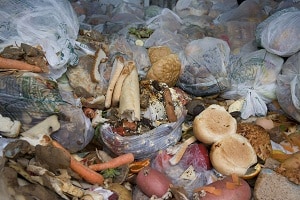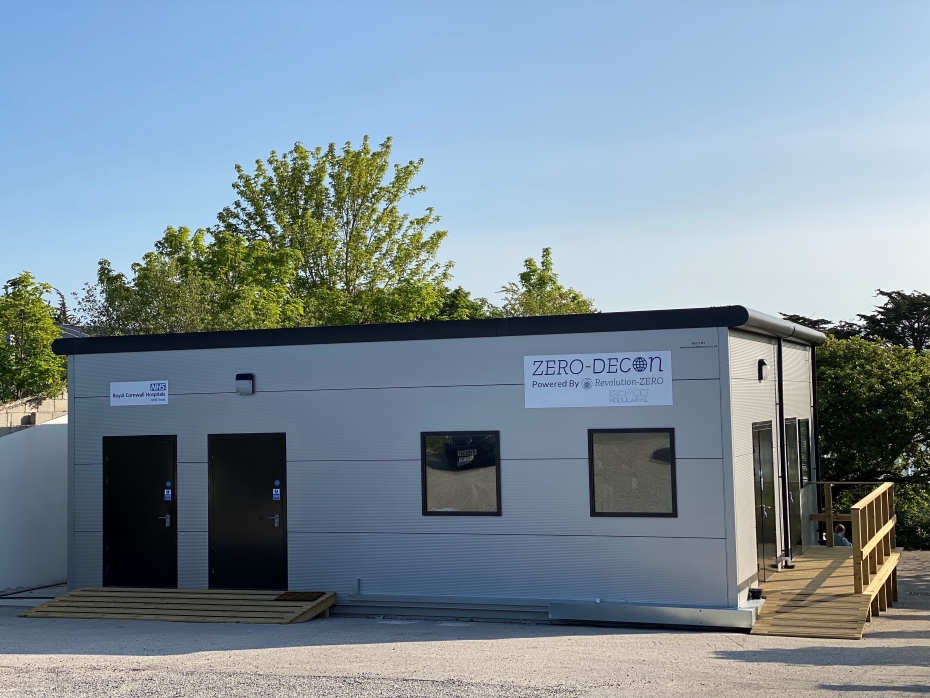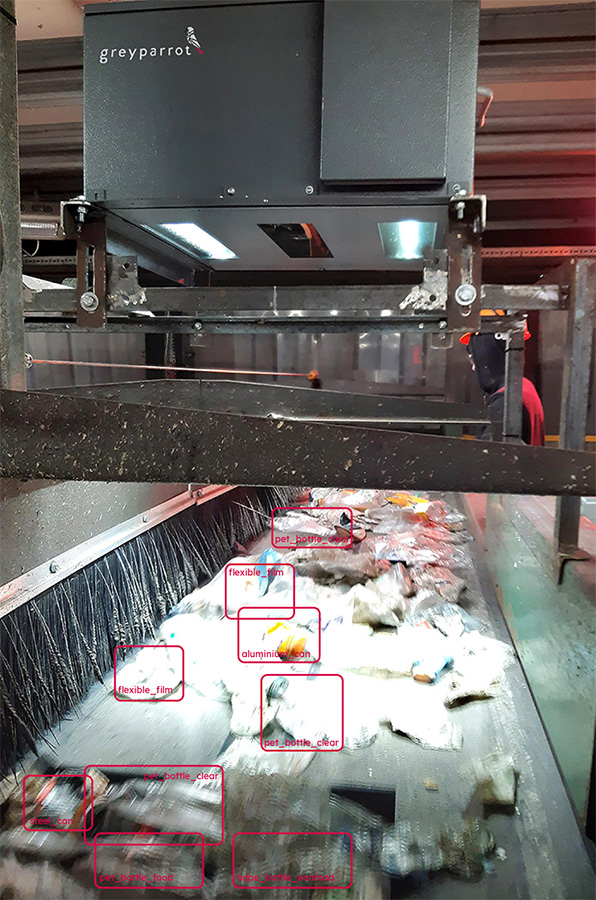The hospitality sector could save up to 724 million a year by a combination of food waste prevention and diverting material from landfill to anaerobic digestion, according a report published today (July 7) by the Waste and Resources Action Programme.
The report, entitled The Composition of Waste Disposed of by the UK Hospitality Industry estimates that over 3.4 million tonnes of waste is generated by hotels, pubs and restaurants every year. Of this, 48%, or 1.6 million tonnes, is recycled, reuse or composted, while 43%, or 1.5 million tonnes, is thrown away.

According to research detailed in the WRAP report, up to 80% of this could be recycled, with food waste representing a particular opportunity. The research claims that of the 600,000 tonnes-a-year of food waste sent to landfill, two-thirds was avoidable, while the remaining 200,000 tonnes of unavoidable waste could be sent for anaerobic digestion.
Outlining the scale of the savings available to the sector if it achieved these goals, the report claims the biggest cost reductions could be made from waste prevention, with the cost of avoidable food waste estimated to be around 722 million a year. This includes the cost of the food itself, haulage and landfill disposal costs.
An additional 2 million a year saving could be made by sending unavoidable food waste to AD, the report adds.
WRAPs director of design and waste prevention, Richard Swannell, claimed these figures suggest there is a real opportunity for the hospitality sector to reduce waste and costs.
It is clear from our findings that much work has been done by the hospitality sector to reduce waste to landfill in favour of increased recycling, and more could be done. Businesses are keen to recycle, or recycle more, but often come across barriers, such as a lack of space.
Working together, there is a real opportunity to reduce waste and recycle more, delivering reductions in CO2 emissions, as well as generating cost savings.
Increasing both waste prevention and use of AD were cited as key priorities for the hospitality sectors voluntary responsibility deal, which the governments Waste Review revealed as being currently under development.
Barriers
Among the various barriers to achieving the potential savings that are identified in the report are a lack of space and recycling services to allow businesses in the sector to recycle more.
The report also claims there are issues which could prevent businesses from capitalising on the potential savings from waste prevention. It states: Although the prevention of food waste offers the sector a significant opportunity to reduce waste and cut costs, doing so in practice may be challenging because of the need to ensure that customers feel they are getting value for money.
WRAP will continue its work with the sector to look at ways in which food and packaging waste can be reduced without damaging customer perceptions.”
It adds: There are also opportunities to reduce packaging waste, but this is generally not within the control of any one hospitality business but needs to be tackled across the industry as a whole, through the whole supply chain.










Subscribe for free